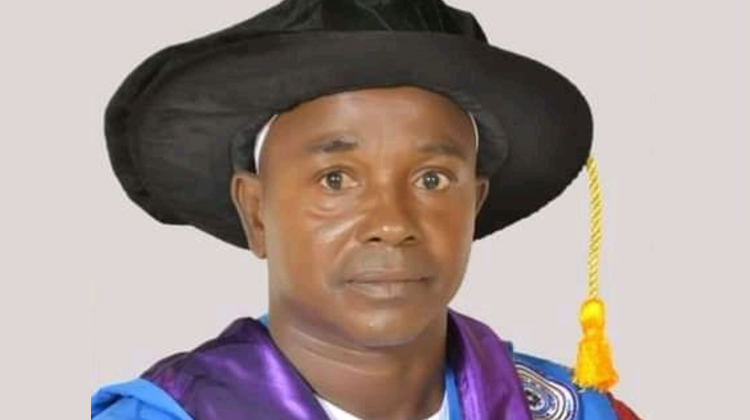
The Registrar and Chief Executive of the National Examinations Council, Prof. Ibrahim Wushishi, on Wednesday, revealed that a total of 1,376,391 candidates across seven West African countries are sitting the 2024 NECO Senior Secondary Certificate Examination.
The 2024 NECO SSCE commenced on June 19 and will end on July 25, with candidates taking a total of 76 subjects.
Wushishi, who was in Enugu State on Wednesday on exam centres monitoring, also revealed that NECO SCCE debuted in Saudi Arabia this year.
The participating West African countries are Nigeria, Togo, Benin Republic, Gabon, Equatorial Guinea, Niger Republic and Cote d’Ivoire.
Wushishi said, “For this year we have recorded 1,376, 391 candidates overall. The number this year exceeds what we recorded last year. Last year, we had recorded 1, 205, 888 candidates. For this year we have 1.3 million. So it’s an appreciation of enrollment rate as far as the SSCE is concerned.”
Wushishi explained that the exam centre monitoring was to enable NECO to “gain firsthand knowledge of the examination process and identify areas for improvement.”
“With numerous processes involved in conducting the exam, it’s crucial for us to monitor the situation on the ground.
“We focused on two geopolitical zones – the South-East and South-South. We visited various states in these regions, including Edo, Delta, Rivers, and Bayelsa, Abia, Imo, Anambra, and Enugu. We travelled by road to make surprise visits to schools along the way, allowing us to assess the examination process and identify areas that require attention. This approach has provided us with valuable insights into the realities on the ground,” he said.
The NECO Registrar emphasised the exam body’s zero-tolerance for malpractices, saying “We have taken numerous steps to ensure its enforcement.”
He said, “Firstly, we have sensitised stakeholders, including parents, students, and policymakers, through various means. In 2022, we conducted sensitisation programmes in three regions of the country, and our state coordinators regularly engage with stakeholders at the state level.
“We have also organised workshops and introduced measures to prevent exam malpractice, such as the use of biometric machines to prevent impersonation. Additionally, our photo albums now feature barcodes that contain candidate information, which can be scanned using an Android phone to verify the candidate’s details.
“To further prevent malpractice, we have implemented robust security measures, including physical security and undercover security operatives. Our intelligent unit works closely with the Department of State Services to identify and prevent any attempts to leak examination questions. We are committed to ensuring the integrity of our examinations and will continue to work tirelessly to prevent exam malpractice in all its forms.”
